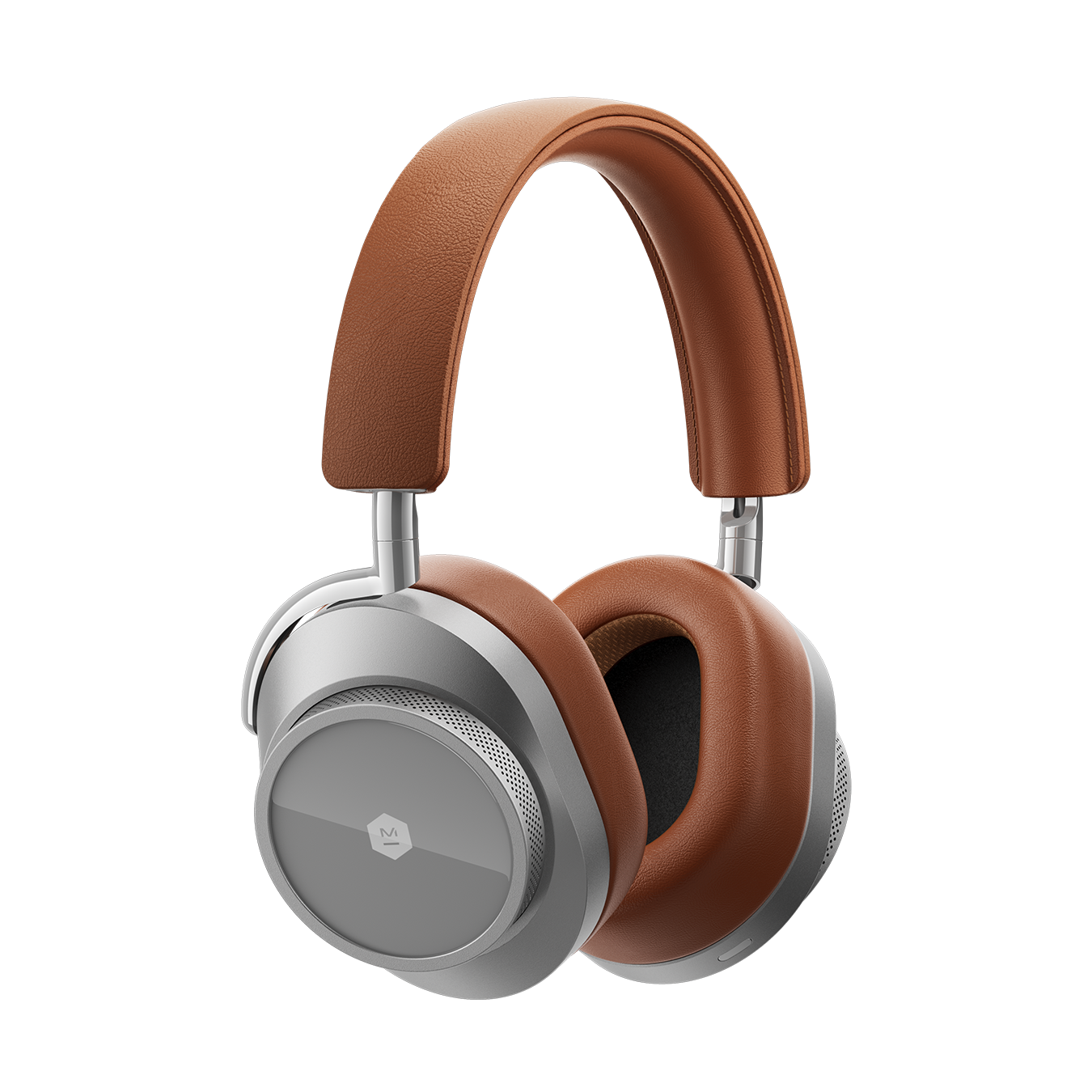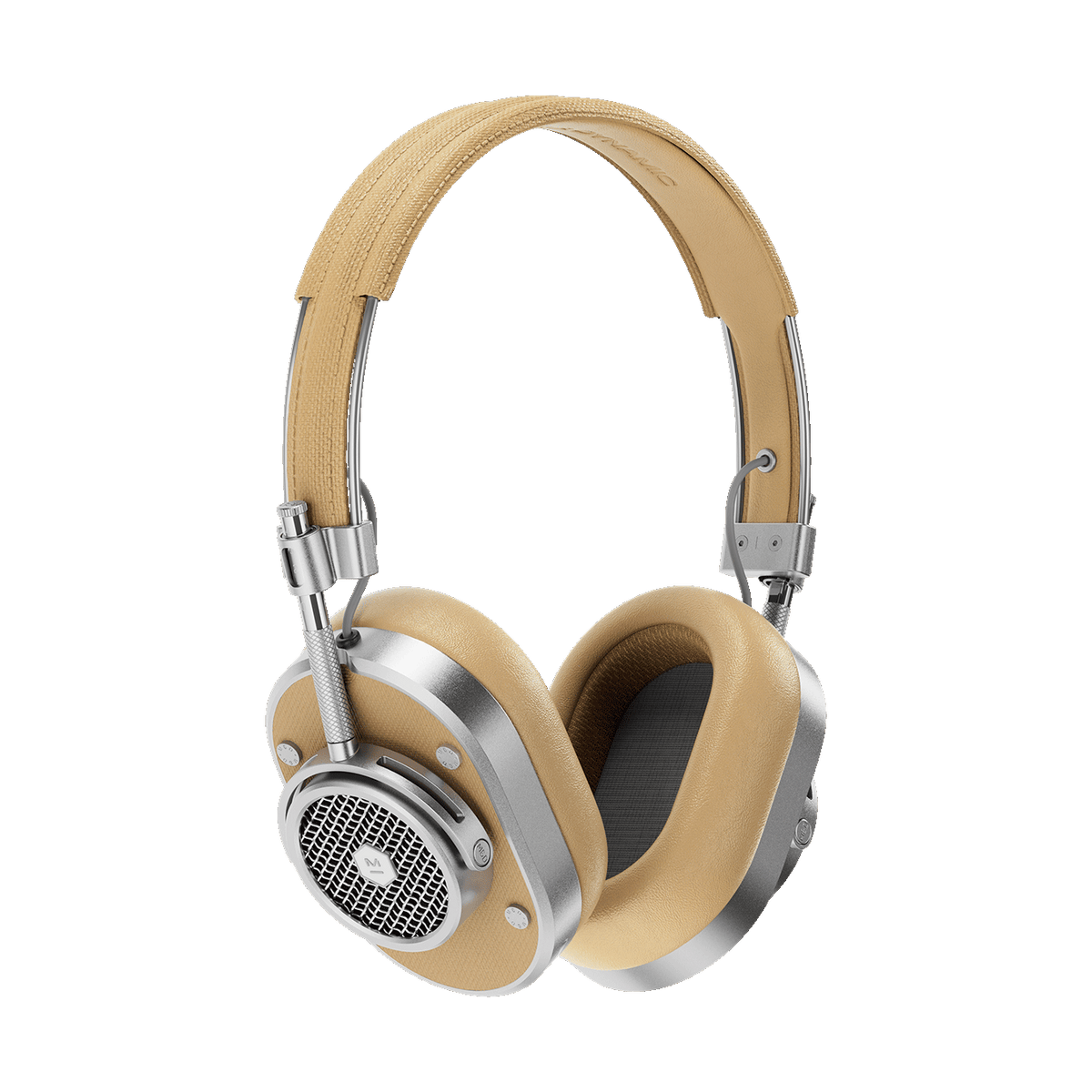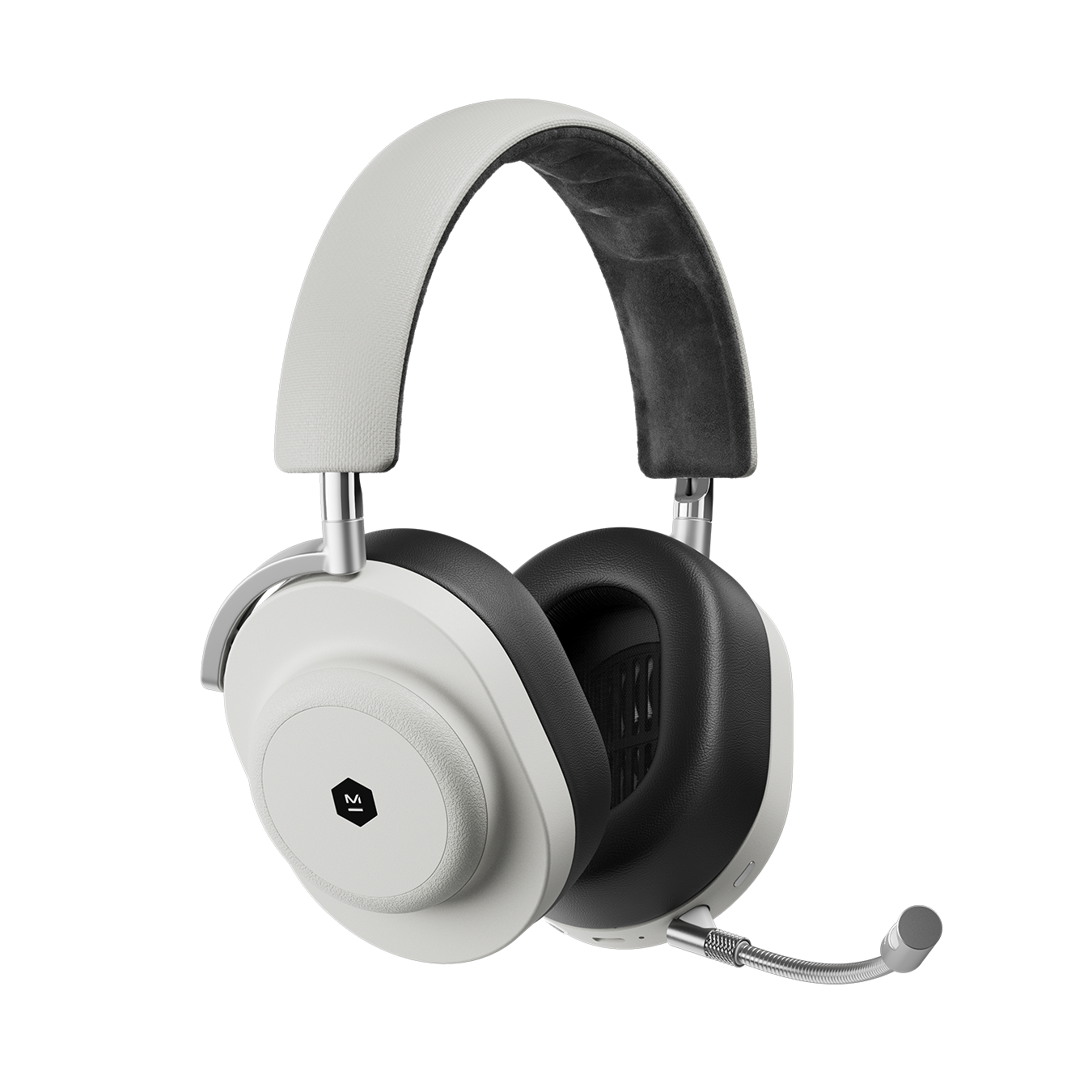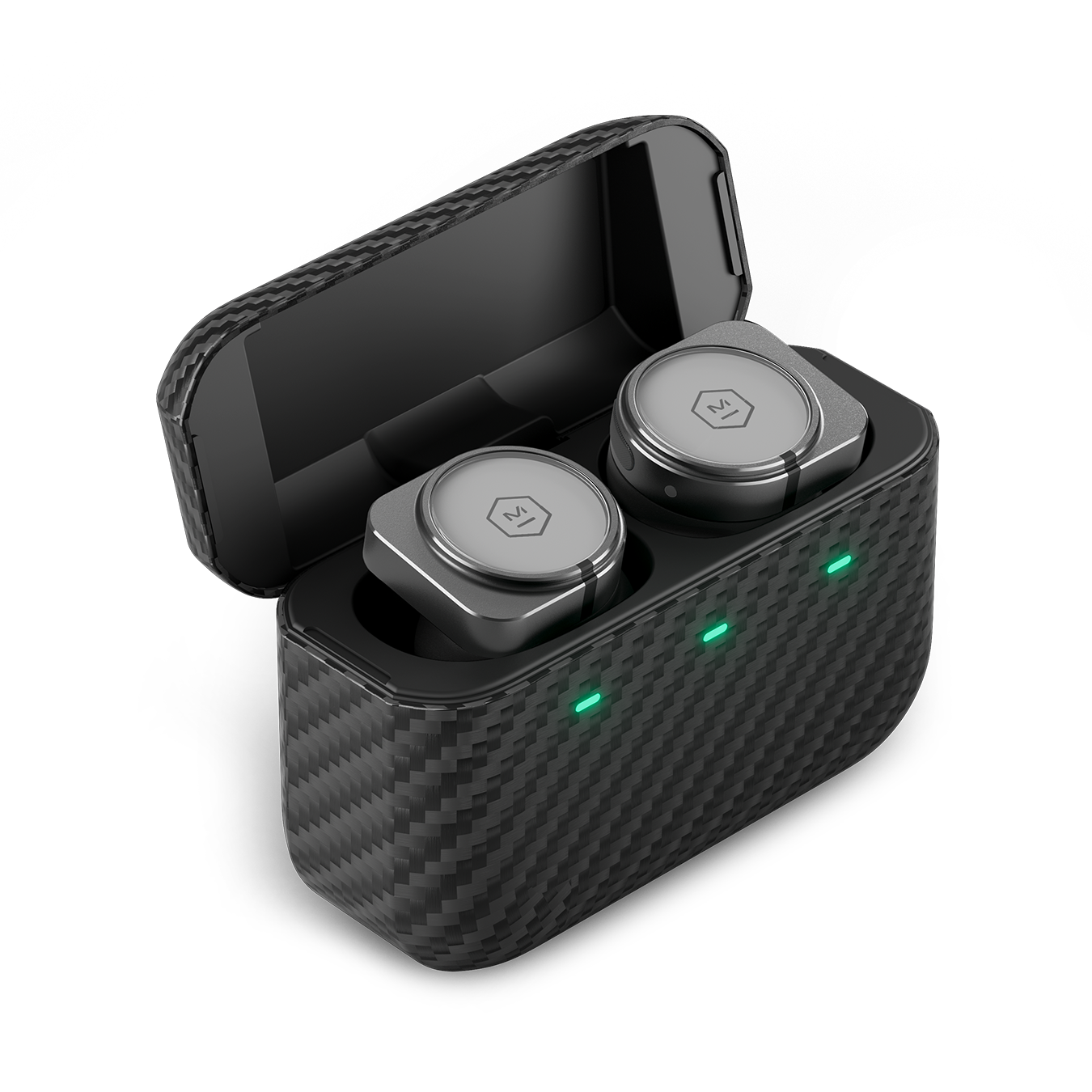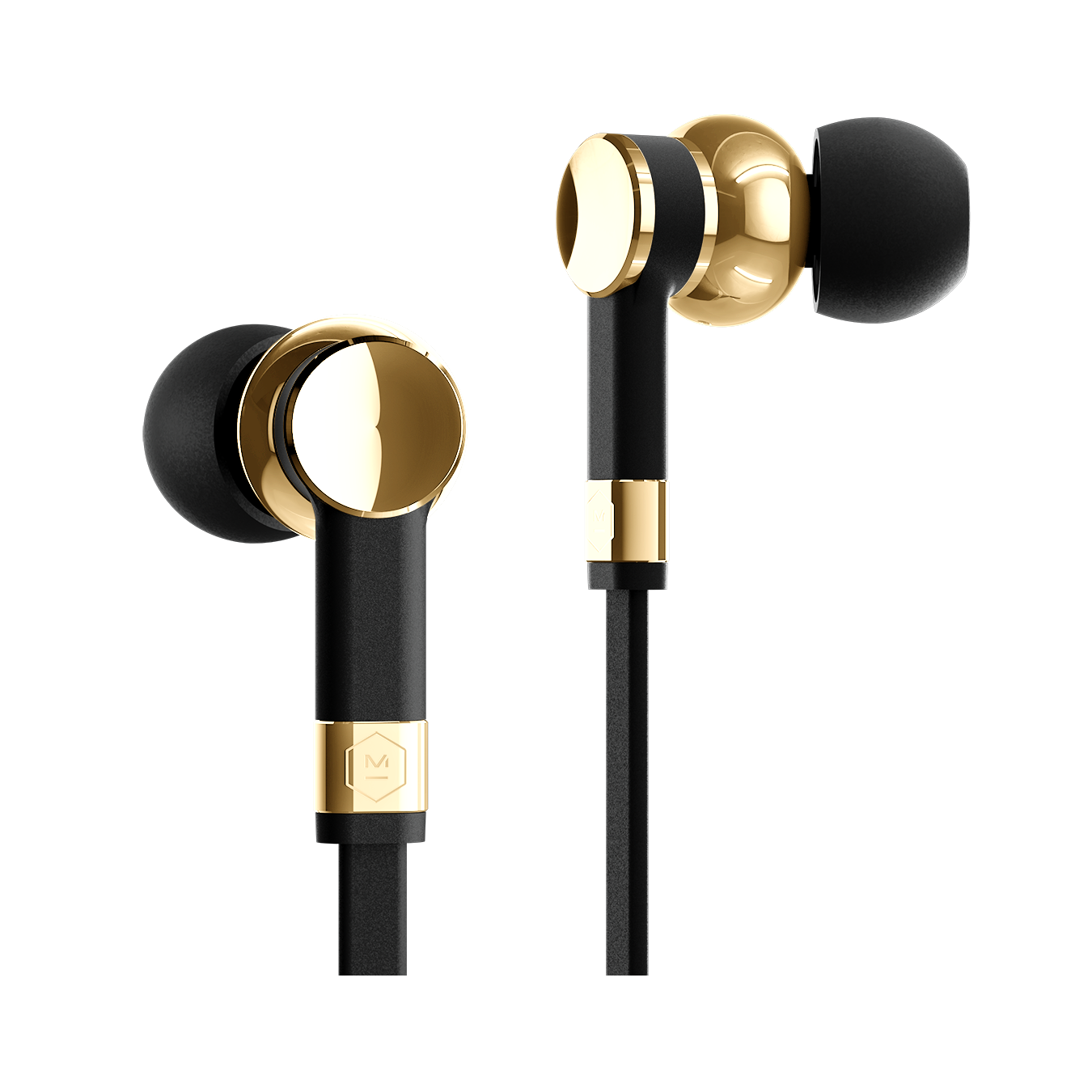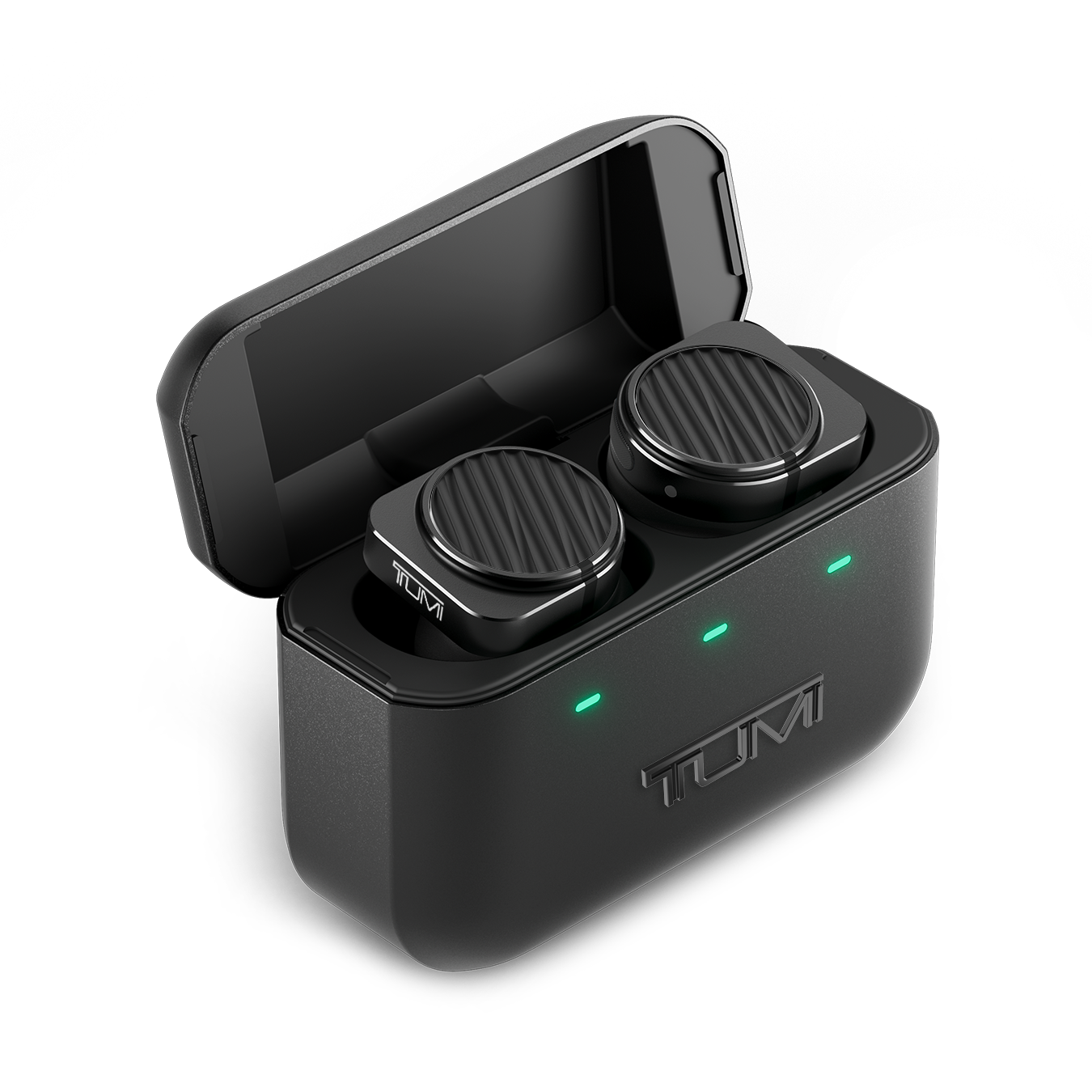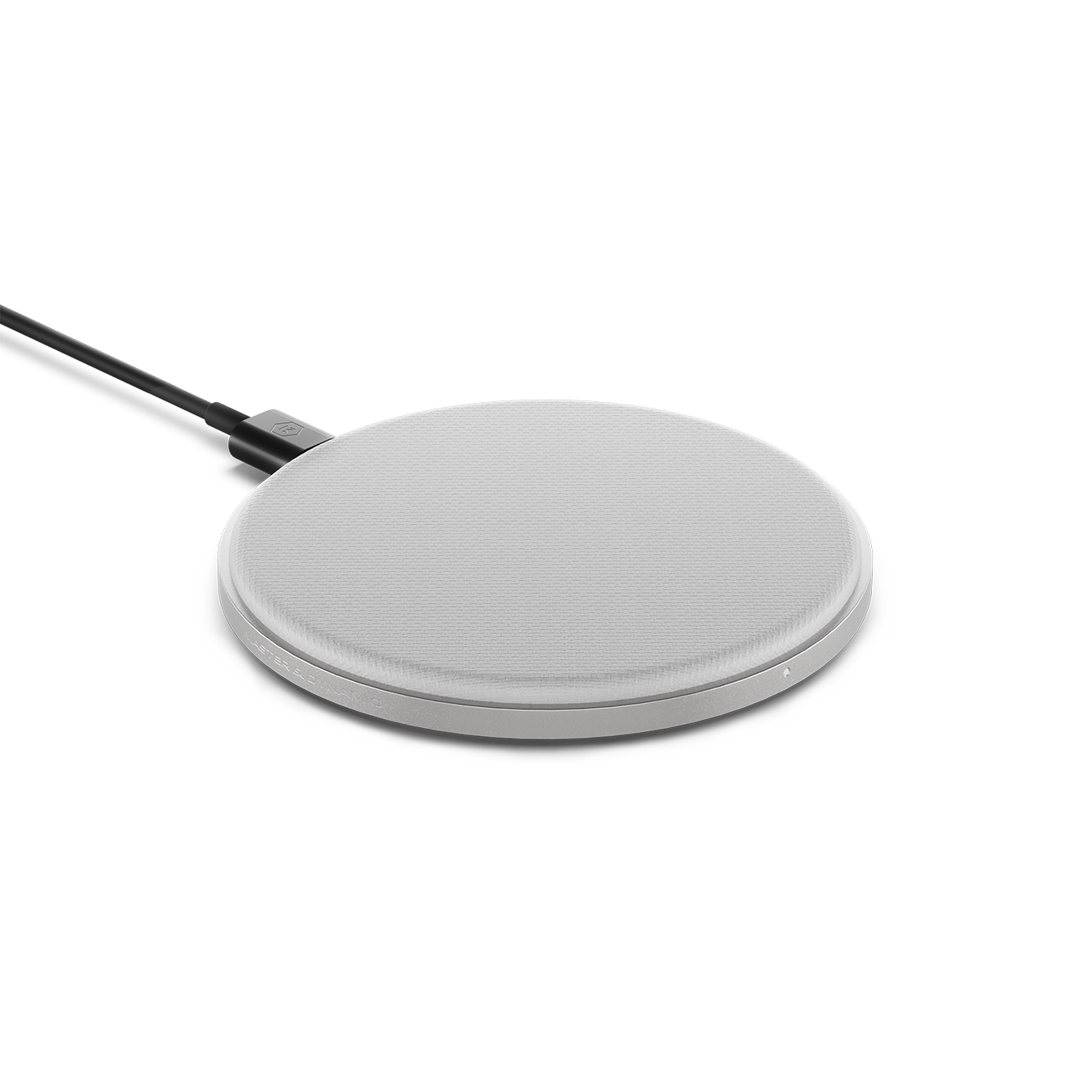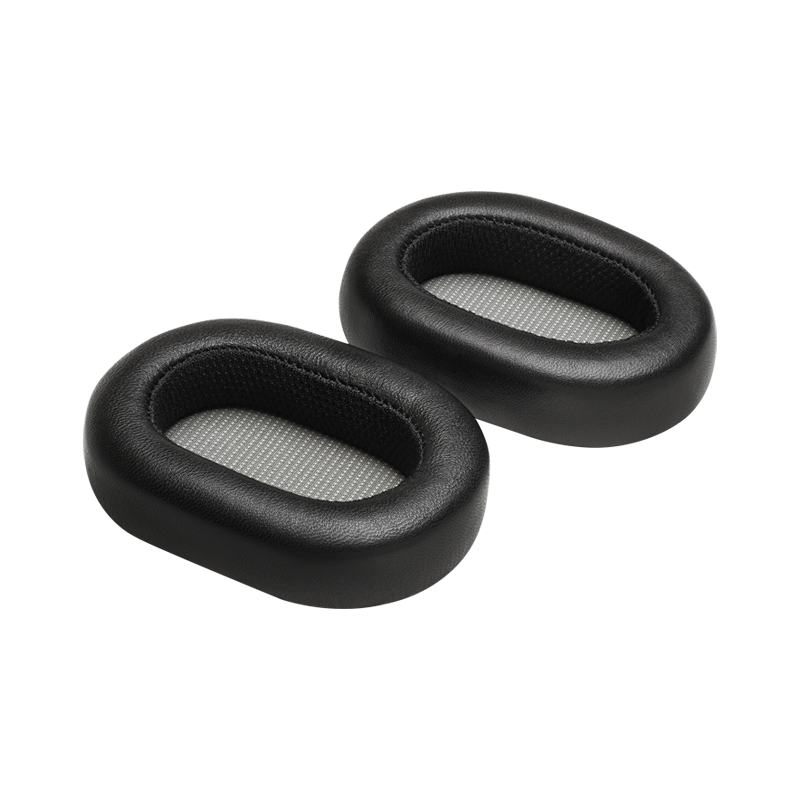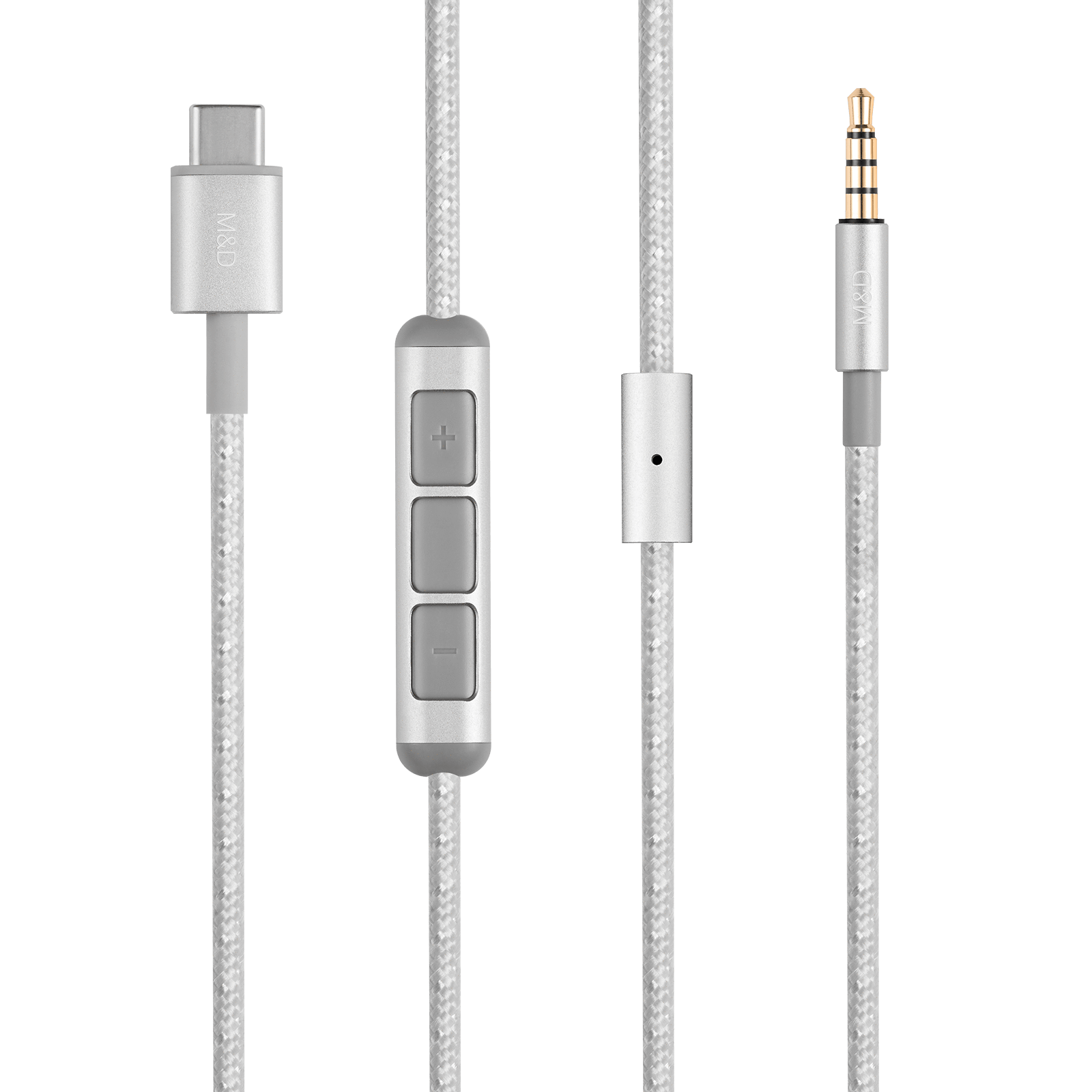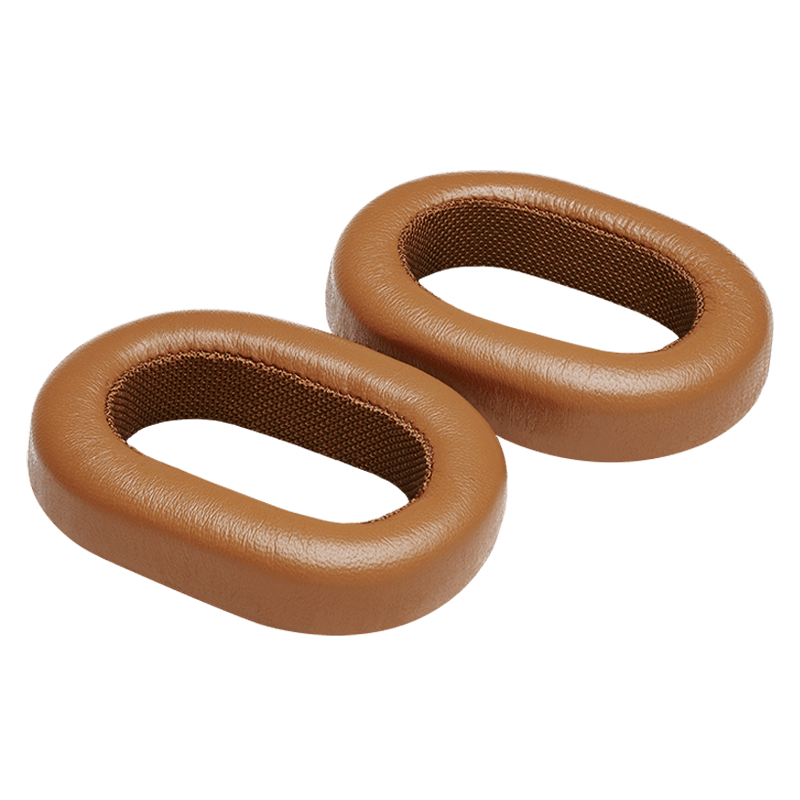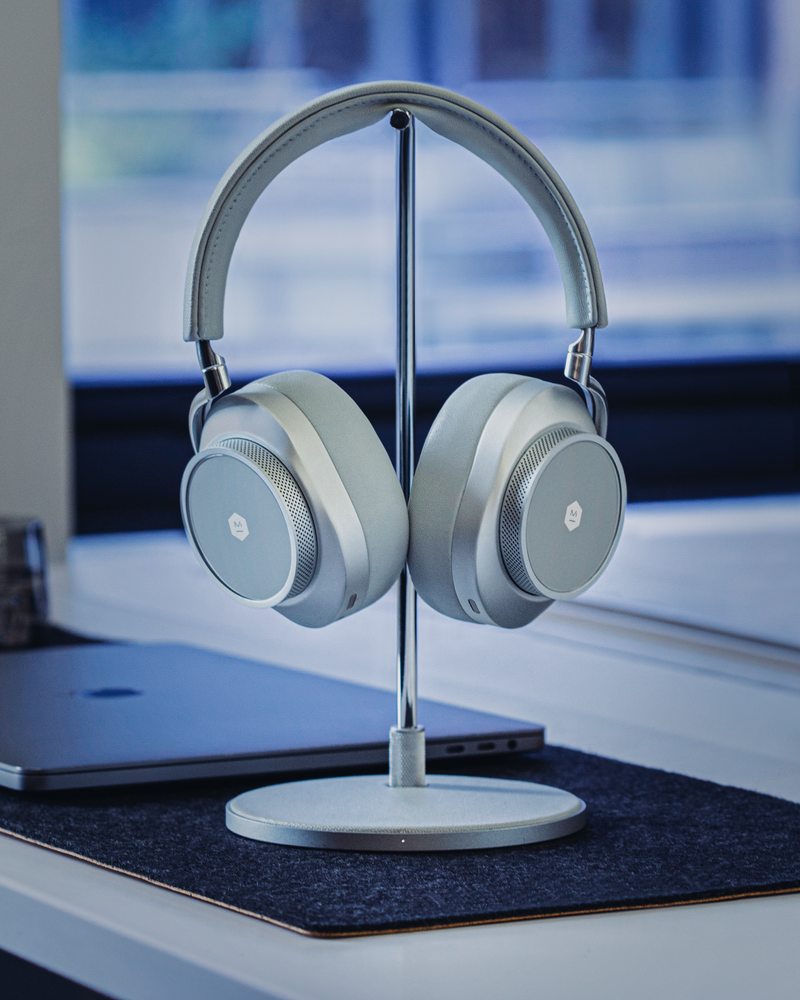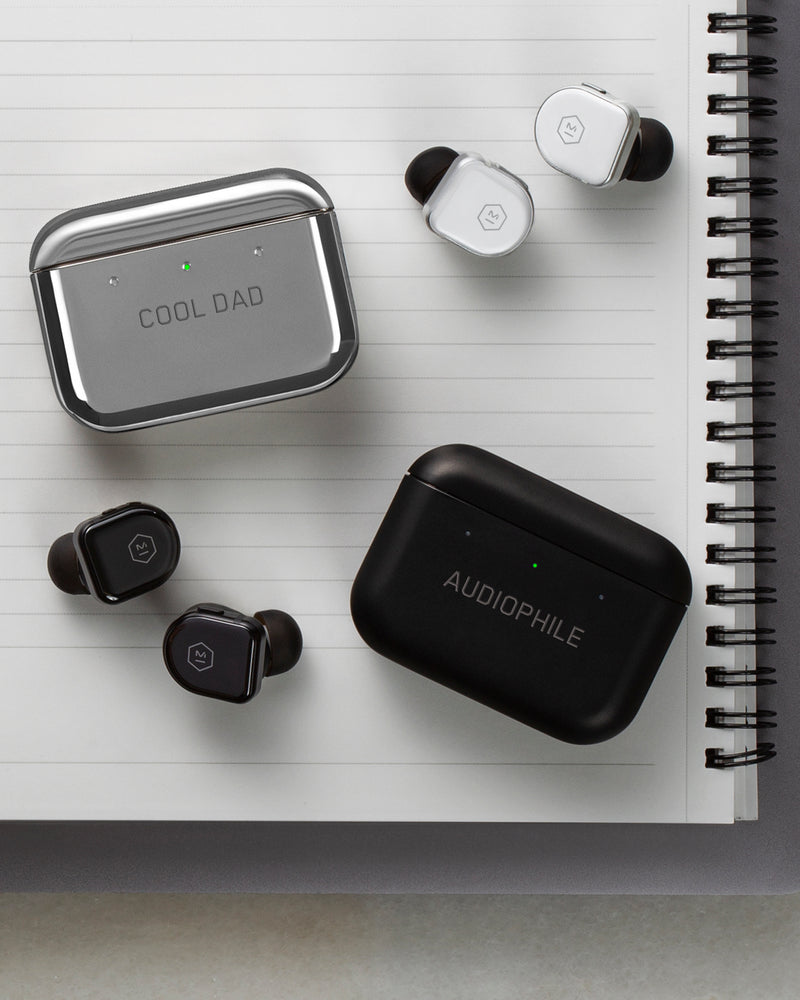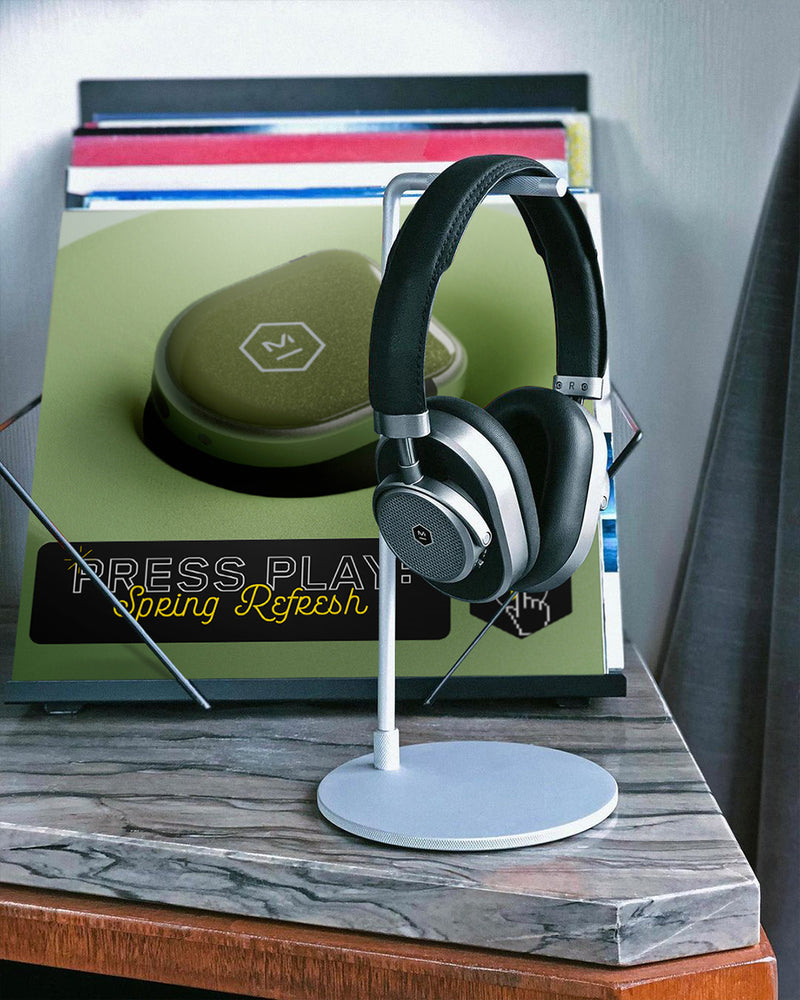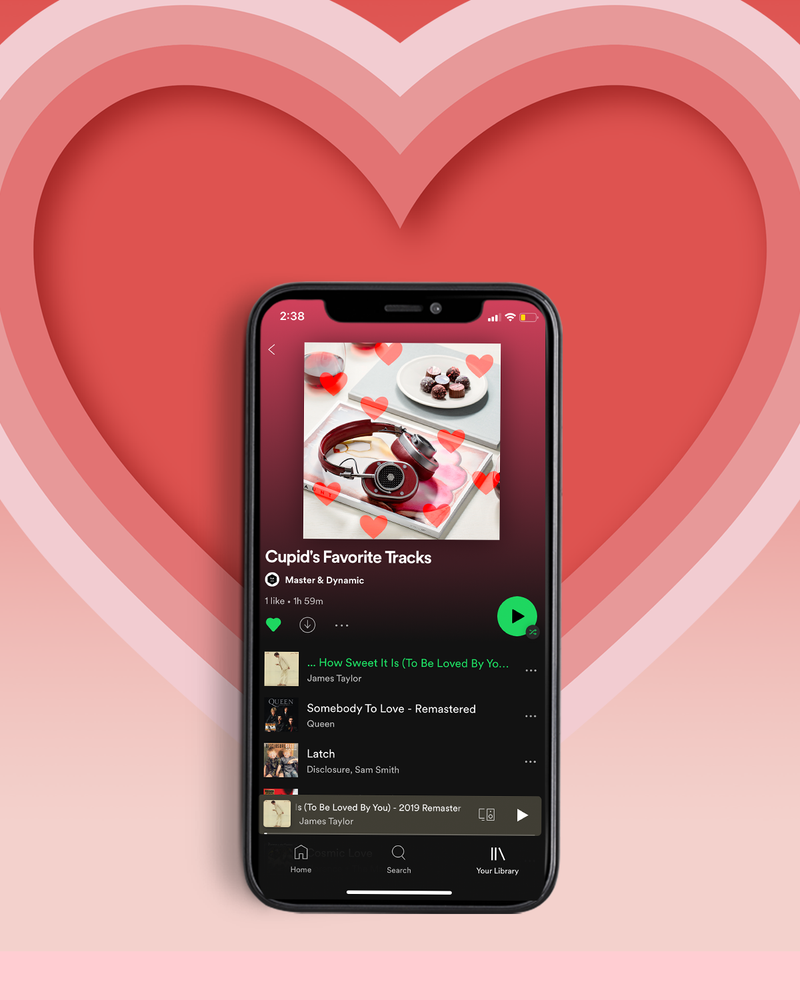Called "the Maya Angelou of the Millennial generation," Azure Antoinette is a commissioned poet, entrepreneur, and millennial and arts education advocate. In light of National Poetry Month, The 10,000 sat down with Azure to talk about her work, her sources of inspiration, her #1for30 campaign, and the impact music has on her creativity.
How did you get your start with spoken word poetry?
Publicly, it was when I started coaching a teen slam group in LA. We had the opportunity to compete on the HBO show "Brave New Voices." Prior to that I'd been doing it for a few years at different open mics, but the real fun started when I started performing at a bunch of the high schools locally.
Were you into poetry as a child?
I read a lot—our household was very academic—but I didn't even really know [spoken-word poetry] was a possible career. I saw Maya Angelou deliver the poem when Bill Clinton was inaugurated and it was called On The Pulse of Morning, and she was the only living poet that I had seen. I was really in love with Edgar Allen Poe when I was young, then I got really into Shakespeare during AP English when I was in high school, but it wasn't popular. People weren't flipping the script on things the way they are now, they weren't rebirthing and reclaiming and reusing. It was the '90s, and we were all just trying to figure out what the hell happened in the '80s. It just wasn't popular then: academics, power of voice, that wasn't a thing.
How do you define creativity?
I think the definition of creativity for me is probably as visceral, as guttural as I can allow. It's one of the only spaces that truly allows for unbridled authenticity. Just zero filter. I love being a writer, a poet, a speaker, because it allows you to use your mind and your heart at the same time.
What would you say your sources of inspiration are?
Definitely being alive. Living, enduring, growing, learning. Aging has been humungous. I've learned more in the past four years than I think I did in most of my twenties.
Where do you go to be your most creative?
Currently it's Amtrak train. I've taken four long-haul trips now in the past six months, and I don't think there's anything like it. We are the generation that is constantly running, and it isn't always necessarily for a reason. It's because we feel pressure to do so. Everyone is filtering their media to say, "I'm very busy, I'm onto the next thing," as opposed to just living in what's present. So when you're sitting on a train, and you can't get there any quicker, I think that's beautiful.
What do you like to listen to when you're trying to be your most creative?
I grew up listening to classical music; my mom played violin. That's a writing space for me. If I'm in work mode, like in more corporate, campaign mode, my favorite thing to listen to is '90s and early 2000s R&B—I believe that was the last time music was awesome. I love music that tells stories. Amy Winehouse will forever be my favorite. I love throwbacks, like early Matchbox Twenty, early Maroon 5. Latin music. Country is great. My current obsession is Alessia Cara. I've listened to her album nonstop for three months and counting. I'm all about anomalies, so anytime you can find that in music, I love it. Music was my first passion, and I think I lost my way in trying to figure out where I would fit. But poetry—it's so close. The way that I write—it always feels very musical to me, in its delivery.
What are your go-to "creative tools"?
I have MS—multiple sclerosis, which proves to be physically and mentally challenging since I'm on the go a lot. My first creative tool is my phone—it's rarely not on my person. My condition has compromised the nerves in my fingertips, so [secondly] I always have a keyboard with me. Third, I need a good legal pad—just a yellow, old-school legal pad. Fourth, a good ballpoint pen. Fifith, I love earl grey tea. [Sixth,] I'm not a huge snack person, but I'll always have a bag of Gummi bears in sight. Seventh, I travel with my writer's thesaurus in my briefcase or backpack at ALL TIMES. Lastly, sound accessories are PARAMOUNT. [Eighth and ninth are] my Master & Dynamic MH40s and portable speaker, 'cause you have to be able to hear it. Whether you listen to railroad noises, or it's ambient, or it's a symphony, or if it's music just to get my endorphins up. Anything that can amplify or generate continuity in my spirit is super-helpful to me.
Tell us about the #1for30 campaign you've started.
National Poetry Month is in April, and it always gets a very specific rap. They put out some Keats, some Dickinson. But poetry is for the people. It always has been. Spoken word is a really beautiful way of bringing that to a different medium. So why not just write something, one thing a day, for thirty days? Just to give yourself some discipline. Poets have been doing this challenge with each other forever. It's my way of inviting America to write again, without pressure.
What poets have inspired you in the past?
I love the Harlem Renaissance. Billy Shakes will be my boy forever. I will always love Maya Angelou. Rudyard Kipling, Robert Frost, Hemingway—he wasn't a poet in practice, but he had some really beautiful information. Buddy Wakefield is another modern-day poet I really love. Marty McConnell, always, she's inspired me in more ways than I can ever say just by her vulnerability in her work. And some of the musicians today—one of the ones I'm stuck on is Alessia Cara, who wrote the song "Here"—her whole album is so beautifully done. Audra Day is another one, and James Morrison's debut album—I could go on all day. Whenever people say poets who inspire me, I can't help but list musicians as well. It's just so beautiful to see language used the way it is now, the multiple mediums and genres that storytelling is a part of.
What do you predict for the future of poetry?
Poetry is such an unwieldy market. It's controlled by how we process what's given to us, how our audience interprets our struggle or celebration for themselves. How they then translate and apply that to their own lives. I love that it's made a very strong stake in a world driven heavily by technology and viral emotion. Poetry in the commercial space, advertisements, ad campaigns—it's not a resurgence, because it never went anywhere. It's a gorgeous antiqued art form that has traversed the evocative, violently fast space of pop culture without losing itself. I really appreciate that. Poets, we'll survive anything, as long as we stay ingrained and steeped in our process, and we stay connected to the things that we love and believe in. We can't lose sight of what this art form is for, and how storytelling serves to amplify every love story, every eulogy, each triumph and solemn defeat. My specific brand of poetry is architecting stories for the people who don't know how to write them for themselves, for the brands that want to connect their product to a human vein of emotion. It is crucial that we stay connected to the why of what we do, whether it's engineering, medicine, finance, construction, whatever your "job" is. When anyone starts doing something they love for financial resources or gain, it loses its truth. And if we're not going to tell the truth, we're in grave trouble.



